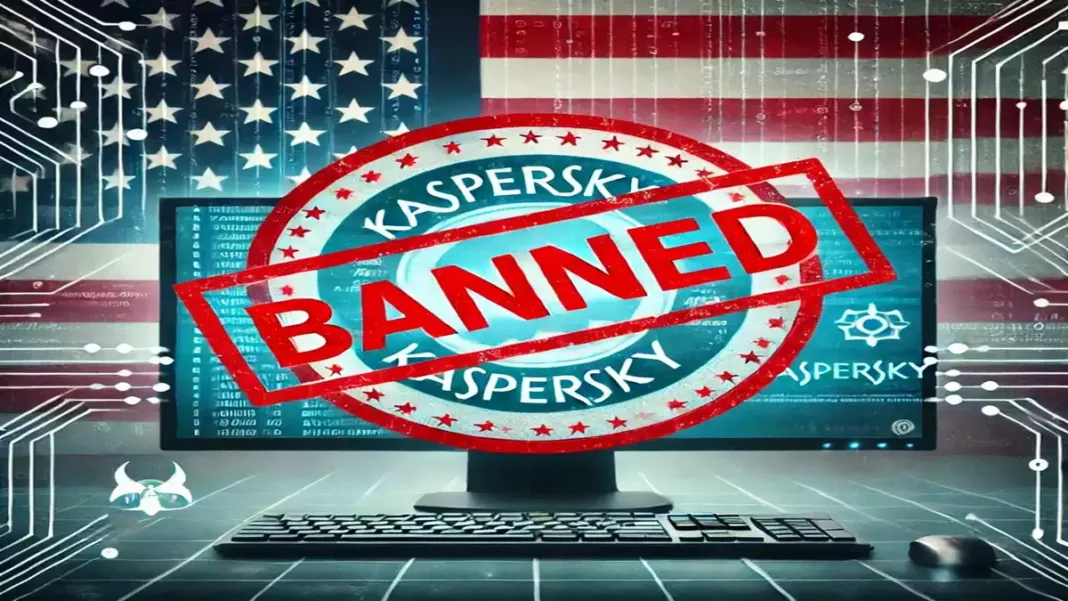The United States has taken decisive action against the renowned cybersecurity firm Kaspersky, citing potential risks to national security. Beginning September 29, Kaspersky’s software will no longer be permitted for sale or updates in the U.S. The U.S. government has expressed concerns over Kaspersky’s alleged ties to Russian intelligence, prompting this ban.
Kaspersky, a globally recognized antivirus provider, has faced scrutiny before. In 2017, the U.S. Department of Homeland Security (DHS) issued a directive to remove Kaspersky software from federal systems, fearing it could be exploited by the Russian government for cyber espionage. Despite these allegations, Kaspersky has consistently denied any wrongdoing or collaboration with Russian intelligence agencies.
The latest ban is a significant blow to Kaspersky, which has a substantial user base in the United States. The company has announced its intention to challenge the ban legally, maintaining its stance that it poses no threat to U.S. security. This move by the U.S. is part of a broader strategy to secure its cyber infrastructure amid rising global cyber threats.
The implications of this ban are profound for both consumers and the cybersecurity industry. Users of Kaspersky software in the U.S. will need to seek alternative security solutions, while other cybersecurity firms may find new opportunities to fill the void left by Kaspersky’s exit. Additionally, this ban highlights the growing importance of evaluating the origins and affiliations of cybersecurity products in an increasingly interconnected world.
As the situation unfolds, it remains crucial for users to stay informed about their cybersecurity options and ensure they are using products that align with their security needs and trust standards.
For more details, you can read the full article here.




